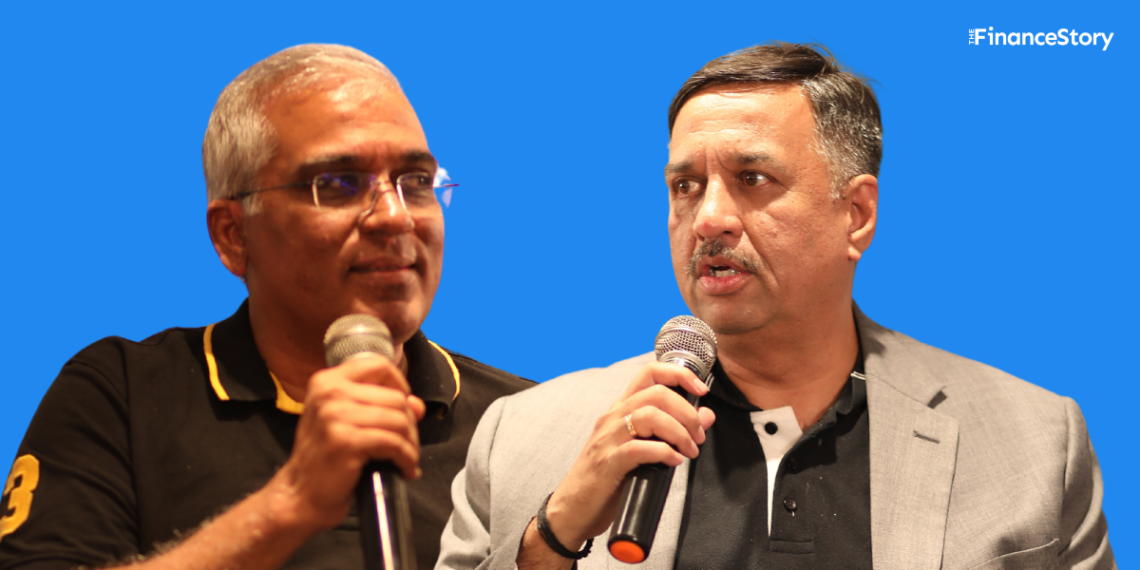- CFOs are no longer just financial sidekicks. Gone are the days when they were just focused on crunching numbers.
- In today’s dynamic business landscape, these financial powerhouses have to step into the spotlight as strategic masterminds.
- During our Bangalore Disrupt event, Milind Limaye, Partner at Kirtane & Pandit, and Sathya Pramod, founder at Kayess Square shared their insights on how the role has evolved.
How the CFO role has evolved
Reflecting on the past 30 years, Milind says that the role of CFOs has undergone a significant transformation.
Milind states, “Three decades ago, CFOs were essentially extensions of clerks, heading teams focused solely on financial aspects like debits, credits, provisions, and petty disputes with auditors.
The smaller the issue, the bigger the fight. Since then, I have witnessed CFOs evolve even further, taking on increasingly diverse and strategic responsibilities.”
Expanding responsibilities in risk management
He notes that over time, CFOs began to take on more responsibilities in risk management.
From financial experts to strategic leaders
Today, CFOs are at the forefront of controlling situations, often working alongside CEOs. This shift has placed them in a more strategic and operational role within their organizations.
Holistic approach to business
In the past, roles within companies were strictly compartmentalized: engineers handled production, and accountants managed debits and credits, with little crossover. This division was likely maintained for control purposes.
Modern CFOs have become more responsible for knowing the entire paraphernalia of a particular organization.
The advent of Enterprise resource planning (ERPs) like SAP and Oracle changed this dynamic. Many entries are no longer made by accountants, but CFOs remain responsible for the results.
Also read: CXO recruiter discusses modern CFO skills
Modern CFO as an operational leader
CFOs now have to understand the entire organization, transforming their role from a functional head to more of an operational head.
Today’s CFOs have a comprehensive view of their company’s operations, finance, and strategy.
Rise of CFO to CEO transitions
Young CFOs are now becoming CEOs, a phenomenon that was rare in the early nineties or late eighties. This trend highlights the expanding skill set and influence of financial leaders.
Also read: CXO hiring trends of 2024: Why more companies are promoting CFOs to CEOs
Importance of networking
Now that you know what the CFO role entails, here is Sathya Pramod with his advice on the importance of networking as a CFO.
He says, “A significant lesson learned when working with startups or during my time at Tally was the importance of networking. I joined Tally not only as a CFO but also took on the sales role to understand how to sell software.
Managing international sales taught me the importance of meeting partners and customers and hitting sales targets.”
As finance professionals, we are often in the background, but stepping out and connecting with people can spring surprises and help advance our careers.
Networking and understanding your own people is vital for growth.
Also read: Looking for CFO roles? This Executive Recruiter Provides Latest Insights into CFO Hiring Trends 2024
Wrapping up
This transition of a CFO’s role over the last 20 to 30 years is noteworthy.
Chartered accountants who started their careers as CFOs in small companies have grown significantly.
Some have become co-founders, demonstrating an understanding that goes far beyond traditional accounting.







